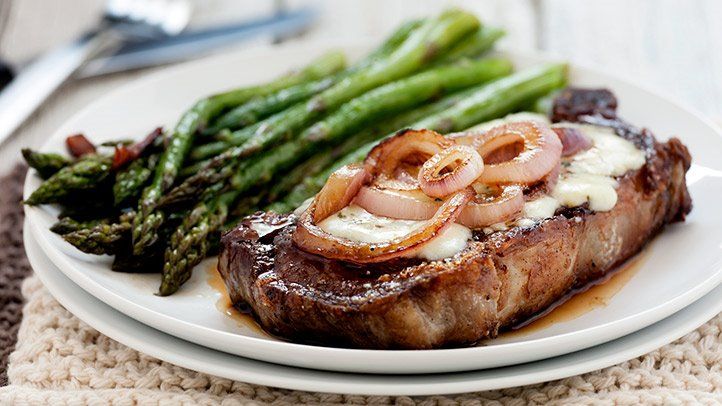A low-carb diet is a popular and effective way to lose weight and improve your health. By reducing your intake of carbohydrates and focusing on high-protein and high-fat foods, you can stimulate fat burning and keep hunger at bay. If you’re considering a low-carb diet for weight loss, here’s everything you need to know to get started:
What is a Low-Carb Diet?
A low-carb diet is a dietary plan that restricts the consumption of carbohydrates, including sugars and starches, and emphasizes foods that are high in protein and healthy fats.
By reducing your intake of carbohydrates, your body is forced to burn fat for fuel instead of glucose, which can lead to weight loss.
Foods to Eat on a Low-Carb Diet:
- Meat: Beef, pork, lamb, chicken, turkey, and other meats.
- Fish: Salmon, trout, tuna, mackerel, and other fatty fish.
- Eggs: Whole eggs are an excellent source of protein and healthy fats.
- Low-Carb Vegetables: Leafy greens, broccoli, cauliflower, bell peppers, and zucchini.
- Nuts and Seeds: Almonds, walnuts, flaxseeds, chia seeds, and pumpkin seeds.
- Healthy Fats: Avocado, olive oil, coconut oil, and butter.
Foods to Avoid on a Low-Carb Diet:
- Sugary Foods: Candy, soda, fruit juice, and other sugary beverages.
- Starchy Foods: Bread, pasta, rice, potatoes, and other starchy vegetables.
- Processed Foods: Processed meats, fast food, and packaged snacks.
- High-Sugar Fruits: Bananas, grapes, mangoes, and other high-sugar fruits.
- High-Carb Condiments: Ketchup, barbecue sauce, and other high-sugar condiments.
Benefits of a Low-Carb Diet:
- Weight Loss: By reducing your intake of carbohydrates, your body is forced to burn fat for fuel, which can lead to weight loss.
- Improved Blood Sugar Control: A low-carb diet can help stabilize blood sugar levels and reduce the risk of type 2 diabetes.
- Reduced Risk of Heart Disease: Low-carb diets have been shown to improve cholesterol levels and reduce the risk of heart disease.
- Increased Energy Levels: By stabilizing blood sugar levels, a low-carb diet can help increase energy levels and reduce fatigue.
Tips for Success on a Low-Carb Diet:
- Focus on Whole Foods: Choose whole, unprocessed foods like meat, fish, eggs, and vegetables.
- Read Food Labels: Pay attention to the carbohydrate content of packaged foods and avoid products that are high in sugar and starch.
- Meal Prep: Plan and prepare your meals in advance to avoid temptation and stay on track with your low-carb diet.
- Stay Hydrated: Drink plenty of water throughout the day to stay hydrated and help control hunger.
- Be Patient: It may take some time for your body to adjust to a low-carb diet, so be patient and stick with it.
Is a Low-Carb Diet Right for You?
A low-carb diet can be an effective way to lose weight and improve your health, but it’s not suitable for everyone. If you have certain medical conditions like diabetes or kidney disease, or if you’re pregnant or breastfeeding, a low-carb diet may not be appropriate for you. It’s essential to talk to your doctor before starting any new diet or weight loss plan, including a low-carb diet.
The Bottom Line
A low-carb diet can be an effective way to lose weight, improve your health, and increase your energy levels.
By reducing your intake of carbohydrates and focusing on high-protein and high-fat foods, you can stimulate fat burning and keep hunger at bay.
If you’re considering a low-carb diet for weight loss, be sure to choose whole, unprocessed foods and talk to your doctor before getting started.
With patience and persistence, you can achieve your weight loss goals and improve your overall health with a low-carb diet.

Leave feedback about this